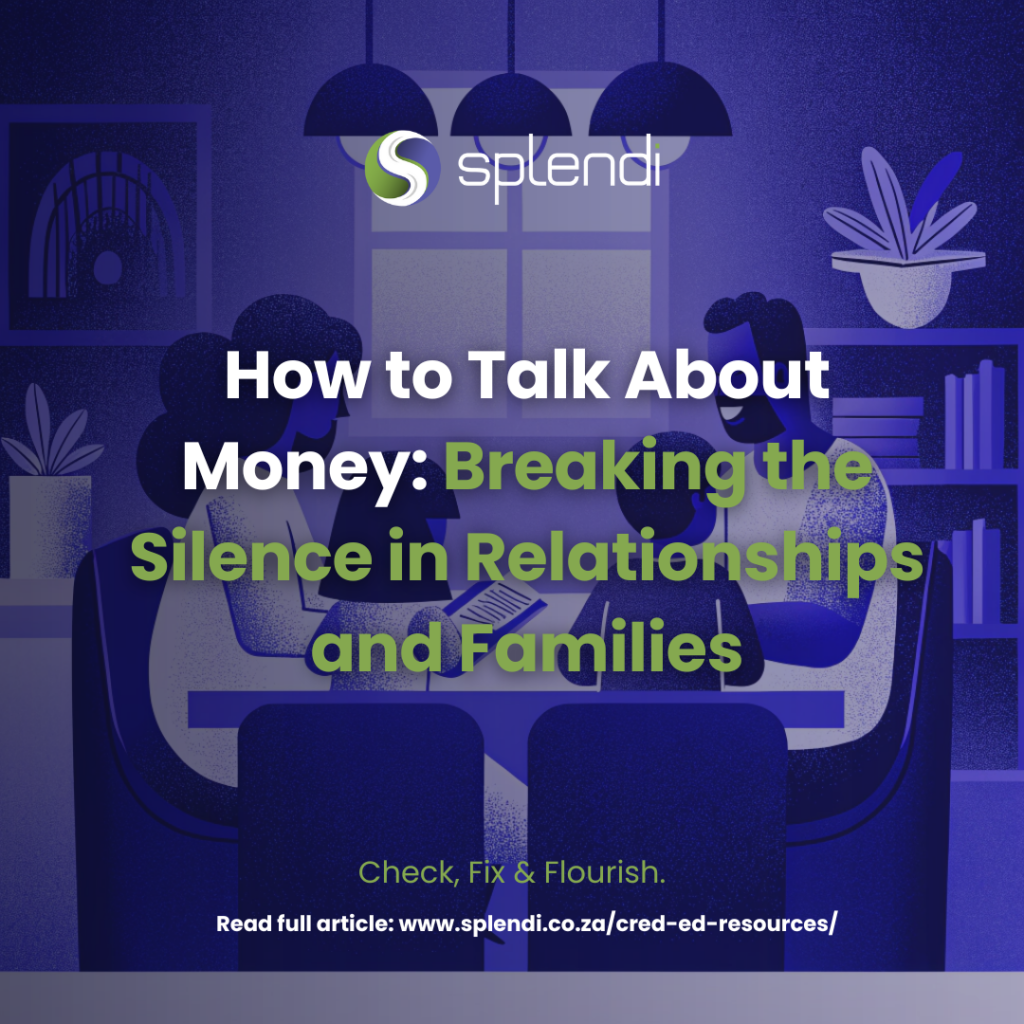Introduction
Money is one of the most common sources of stress in relationships, and one of the least talked about. Whether you’re splitting bills with a partner, planning for the future with family, or trying to teach your kids good money habits, avoiding the money talk can lead to confusion, conflict, and even resentment. But it doesn’t have to be this way.
Talking about money can be empowering, healing, and incredibly practical. In this article, we’ll explore why these conversations matter, how to approach them, and real-world examples of what it looks like when people open up about their finances with the people who matter most.
Why Talking About Money Matters
- Builds trust and transparency in romantic relationships
- Aligns shared goals between partners or family members
- Prevents misunderstandings and hidden debts
- Helps children develop healthy financial habits early on
Did you know? Research shows that couples who regularly talk about money tend to be happier and more financially stable.
How to Start the Money Conversation
Starting is often the hardest part. Here are tips to open the door gently:
- Pick the right moment – Avoid bringing up money in the middle of an argument or stressful moment. Choose a calm, neutral time.
- Use “I” statements – Say “I’d like us to feel more confident about our money decisions” instead of “You spend too much.”
- Be honest, not harsh – It’s okay to admit you’re scared or uncertain. Vulnerability encourages connection.
- Lead with curiosity – Ask open-ended questions like “What was money like growing up for you?”
Scenario: Lebo and Tshepo are moving in together. Instead of assuming they’re on the same page, they sit down to share what rent split feels fair, how much each can contribute, and whether to open a joint account.
Money Conversations to Have in Every Stage of Life
In Romantic Relationships
- What are your financial goals and values?
- How will we manage shared and personal expenses?
- Do we have a plan for emergencies or retirement?
With Family Members
- How are we handling caregiving costs for elders?
- Are there any shared family financial responsibilities?
- Do we need to create or revisit a will?
With Children
- What is money, and why do we save?
- Why can’t we always buy everything we want?
- How do you earn money and make smart choices?
Scenario: After her 10-year-old son asks why they can’t go to the theme park every weekend, Zanele uses the moment to explain budgeting, saving for special outings, and how working hours turn into money.
Practical Tips to Keep the Conversation Going
- Schedule money check-ins monthly or quarterly
- Use shared apps or tools like budgeting spreadsheets or finance apps
- Be transparent about financial changes like job loss or new income
- Celebrate wins together (e.g. paying off a loan, reaching a savings goal)
Scenario: Nomsa and her siblings create a WhatsApp group to manage their mother’s medical bills. They update each other weekly, ensuring costs are covered fairly and transparently.
Final Thoughts
Talking about money isn’t easy—but it’s worth it. Whether you’re working through financial anxiety or planning your dream future with someone, honest conversations are the foundation of healthy money relationships. Start small, stay open, and remember: it’s a journey, not a once-off chat.
Disclaimer: This article is for informational purposes only and should not be construed as financial advice. Splendi does not provide personalised financial, investment, legal, or tax advice. Always consult with a qualified financial advisor for guidance tailored to your individual circumstances.




